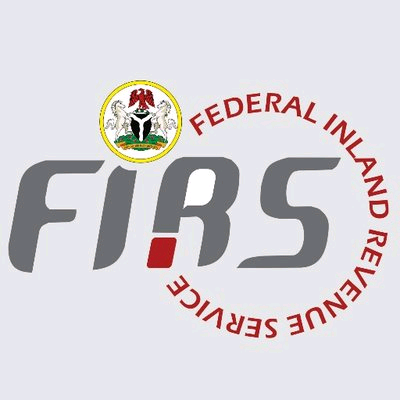Contrary to popular assumptions, the Federal Inland Revenue Service (FIRS) has clarified that Nigerians without a Tax Identification Number (TIN) can still lawfully open and maintain bank accounts. The agency explained that financial institutions are authorised to onboard customers even without a TIN, provided that required verification steps are completed.
The clarification follows recent discussions sparked by the country’s ongoing tax reforms, which led many citizens to believe that possessing a TIN had become a compulsory prerequisite for owning a bank account. However, the FIRS stated that under the Nigeria Tax Administration Act (2025), the nation’s tax infrastructure has been synchronised with the national identity database to ensure automatic compliance for all eligible taxpayers.
The TIN, which consists of 13 digits and serves as a unique identifier for every taxable person or entity, is now automatically connected to an individual’s National Identification Number (NIN) or a company’s RC Number. This integration allows the system to cross-reference data instantly whenever a new bank account is opened using a NIN, thereby retrieving the relevant TIN and linking it directly to the user’s financial profile.
This means Nigerians no longer need to manually apply for or present a TIN before operating a bank account. The new arrangement simplifies access to financial services while maintaining tax integrity and inclusivity within the system.
According to the FIRS Explainer document, the unified structure brings several advantages: individuals can run accounts through their NIN while the TIN functions invisibly in the background; the connection of identifiers helps eliminate identity duplication and fraud; and banks now depend on a single verified database for Know Your Customer (KYC) verification. The system also extends coverage to associations, professional bodies, and trustees.
In a recent podcast, Mrs. Arabinrin Aderonke Atoyebi, Technical Assistant on Broadcast Media to the FIRS Executive Chairman, noted that the revamped tax model was designed to “eradicate multiple taxation and protect low-income earners.” She further revealed that citizens earning N1.2 million or less per year are exempted from income tax, while essential goods and services will continue to enjoy Value Added Tax (VAT) exemption.
Atoyebi stressed that the reform aims to strengthen transparency, encourage foreign and local investments, and promote responsible governance through enhanced revenue accountability.

